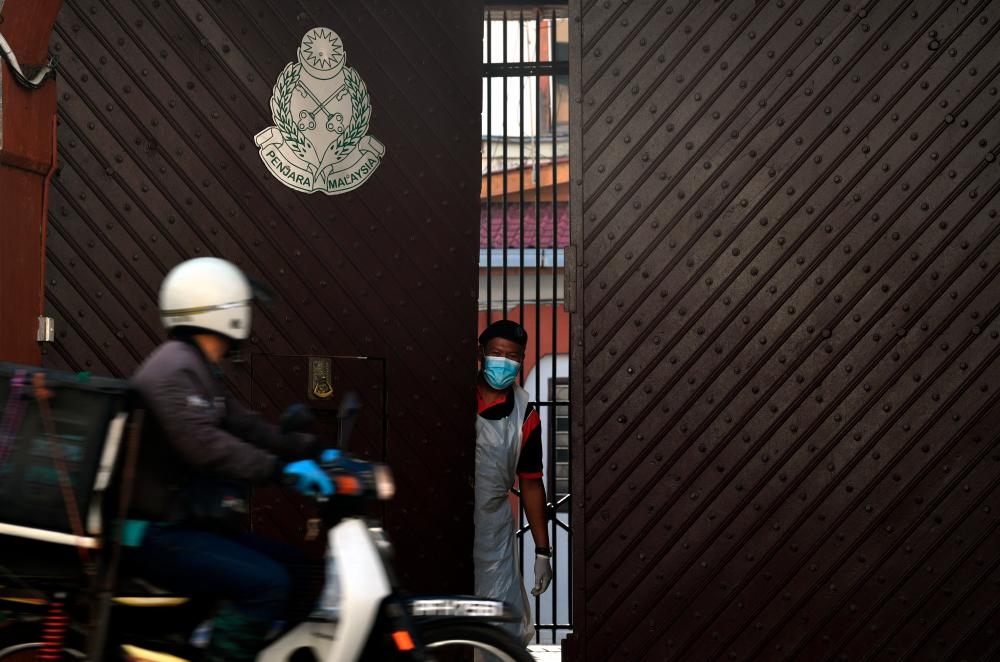MANY countries have abolished the mandatory death penalty and replaced it with alternative sentences. In Malaysia, parliament has taken the first step to remove the mandatory death penalty and has passed sweeping legal reforms to trim the number of offences punishable by death and abolish natural-life prison sentences.
There are some who have expressed concern over the move. They feel that more heinous crimes will be committed if the noose is spared. Families who have lost loved ones to brutal killings, rapes and murders want killers to face the death penalty. They feel that true justice should be equal in kind to the offence, i.e. “an eye for an eye”.
But does taking another’s life bring back the life of a loved one?
When the state sanctions the death sentence on an individual, it has to take many things into consideration before it is passed. It can sometimes take years for judges to deliberate on a case before finally passing judgment.
It is not an easy decision – the taking of a life even for the most heinous of crimes involves complicated procedures.
The mandatory death sentence in our penal code gives no allowance for a judge to exercise discretion in dispensing punishment.
For a start, the motion to abolish the word “mandatory” from death sentences for drug-related offences has been tabled in Parliament.
Activists have lauded the move for the removal of the term “mandatory” from the death penalty.
In Malaysia, the death sentence is imposed for cases involving murder, certain firearm offences, kidnapping, drug trafficking and treason.
With this motion, the judge will have the discretion to sentence a convict to jail or to the gallows, depending on the severity of the offence.
Currently, drug mules are sentenced to death due to the nature of the law. However, those involving boys and girls should instead be sentenced to community service. The death sentence should be reserved for drug lords and cartels.
Hopefully in time, the mandatory death sentence for other non-drug related crimes too will be left to the discretion of the judge.
There are over 1,000 inmates on death row languishing in our prisons. The sentences have not been carried out as the cases are still pending appeals. Let us focus on the whole objective of the punishment, which is threefold – restoration (reformation), retribution and deterrent. If there is a miscarriage of justice, the punishment is irreversible, hence, death sentence is inhumane.
In Anton Chekhov’s short story The Bet, life imprisonment is seen as more humane and effective than the death sentence because “to live anyhow is better than not at all”.
Samuel Yesuiah
Seremban









